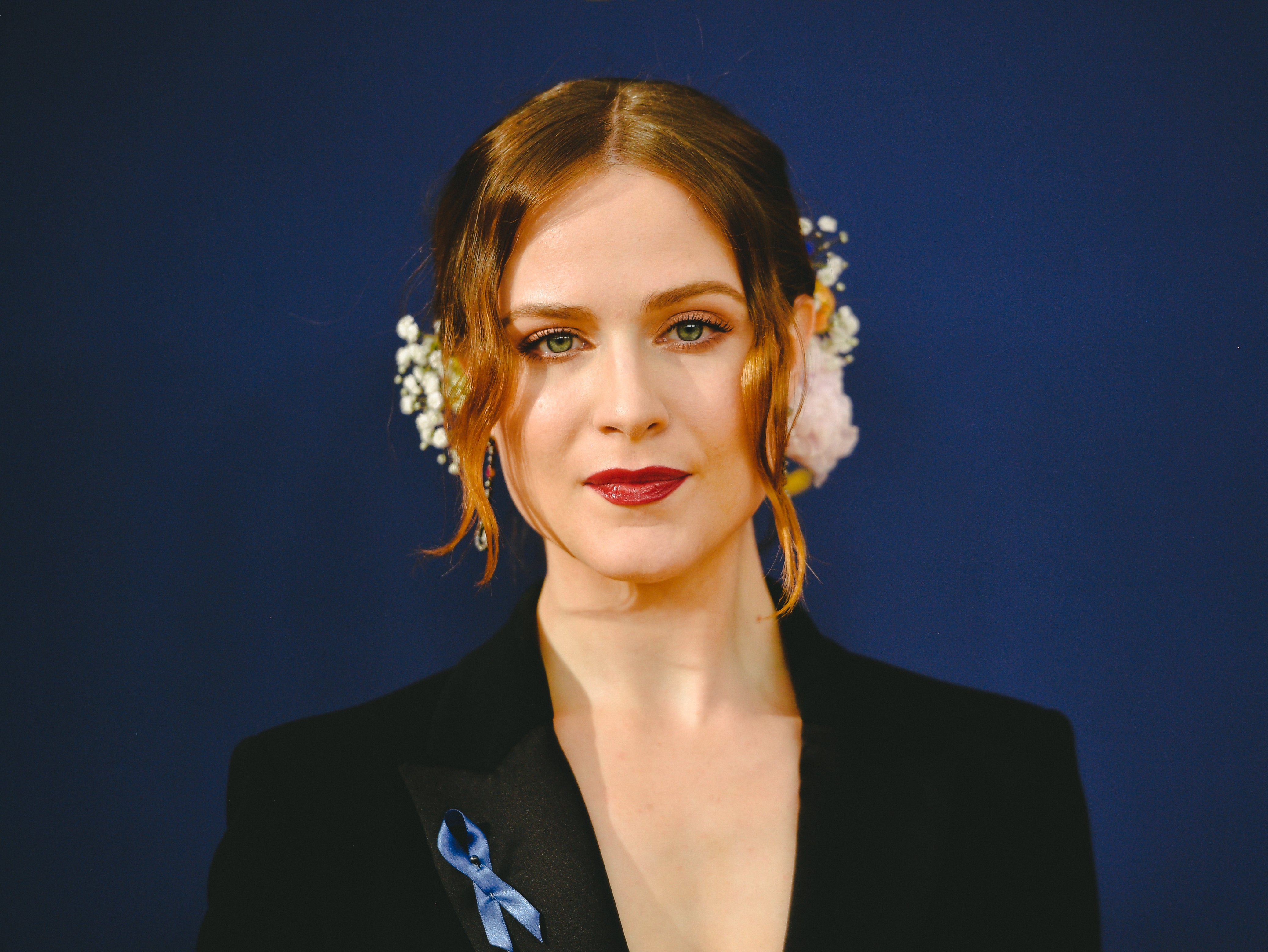I covered the Weinstein trial. Here’s what Marilyn Manson’s accuser Evan Rachel Wood should expect
‘He started grooming me when I was a teenager and horrifically abused me for years,’ Wood wrote on Instagram. ‘I was brainwashed and manipulated into submission’


For the past three years, the actor Evan Rachel Wood has discussed her experience as a victim of domestic violence. For most of that time, she refrained from naming her alleged abuser. That changed this morning, when Wood wrote in an Instagram post: “The name of my abuser is Brian Warner, also known to the world as Marilyn Manson.”
Many suspected prior to Monday that Wood’s accounts of domestic violence referred to Manson. The two were in a relationship from 2007 (when she was 19 and he was 38) to 2010, when things ended after a brief engagement. But there is something undeniably powerful – and hopefully emancipating – in Wood’s decision to loudly, publicly name the person she says abused her. Evan Rachel Wood is speaking in a way that demands to be heard. She, in her own words, is “done living in fear of retaliation, slander, or blackmail”.
“He started grooming me when I was a teenager and horrifically abused me for years,” she wrote. “I was brainwashed and manipulated into submission.”
When someone decides to speak out against a famous – and by extension, powerful – person, their actions have consequences beyond themselves. They often pave the way for others to dare speak too. After Wood shared her Instagram post, several more women came forward with their own allegations of abuse. Manson has yet to respond to any of the accusations that have surfaced.
In the meantime, I find myself doing something I try to do as little as possible these days: thinking about Harvey Weinstein. A year ago, I was reporting on Weinstein’s criminal trial in New York City. My last “normal” day before the coronavirus pandemic upended all of our lives was spent inside a courthouse, listening as he received a 23-year prison sentence.
Of course, Manson’s and Weinstein’s situations are different, in the way individual situations usually are. Weinstein was charged and convicted; Manson, for reasons pertaining to a variety of factors including the legal system, may never be indicted. I’m not interested in weighing the gravity of the actions they are accused of against one another – sometimes things are just terrible in their own terrible ways, with their own range of dire consequences on victims’ lives.
What I am struck by is how Wood’s allegations, and the response to them, is in the continuity of what we witnessed with Weinstein. We know now that there is strength in numbers: more than 100 women came forward against Weinstein, ushered in by the testimonies of actors such as Ashley Judd, Asia Argento, Mira Sorvino, Rosanna Arquette, Gwyneth Paltrow, Angelina Jolie, and more. Without such overwhelming numbers – and powerful names – I seriously doubt Weinstein would ever have ended up inside a courtroom.
Here’s what else the Weinstein trial taught me: there will be backlash. There always is, when a woman publicly accuses a man who was once – and, as of Monday, still is in some cases – beloved by many. Most of the discourse I’ve seen on social media so far has been thoughtful. Many have sent Wood messages of support; I read updates from several people who acknowledged the role Manson’s music played in their younger years, while at the same time acknowledging the seriousness of the allegations against him. Among those messages, though, I’ve seen some callous, less than supportive reactions. I won’t write them down here; you know the refrain, and it doesn’t need to be amplified.
For a while, some of the people seeking to discredit the MeToo movement painted it as a trend, a sign of the times. But of course MeToo was never a trend, because things don’t start existing when you name them. Rather, it’s because they exist for a long time in the shadows that naming them becomes a powerful, noteworthy act. This is what happened with the allegations against Weinstein and what is still happening with those against Manson.
Yet I’m wary of sounding in any way optimistic. Of course, people who decide to come forward against their abusers have my unwavering support. It takes immense courage to speak out, always. Women should keep doing so, as long as they feel safe, comfortable, and ready. And thanks to them, maybe one day we won’t need MeToo, or maybe we won’t need it with such alarming frequency anymore. Maybe Hollywood, the music industry, and so many other industries will fix their chronic dysfunctions. Maybe toxic masculinity will stop ruining most things. Maybe abusers will lose their enablers.
Maybe, just maybe, we will one day live in a world where women don’t need to display extraordinary bravery for the right to exist in peace.
Until then, MeToo will remain necessary, and I will remain grateful for the ones who paved the way.

Join our commenting forum
Join thought-provoking conversations, follow other Independent readers and see their replies